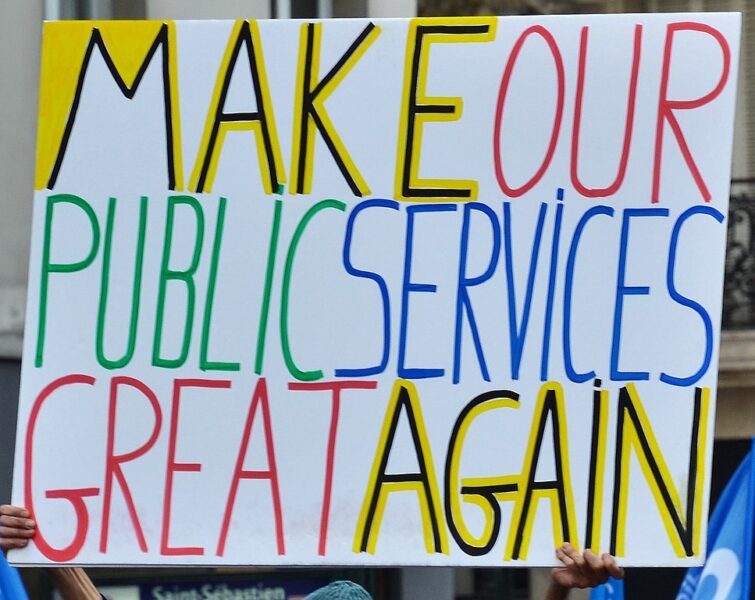
(Note – this article was written on June 17th)
With the General Election looming, parties are rushing to define what makes them voter worthy. At the core of every party policy is a theme: how to fix our public services. Ever since the recession, public services have felt the hit; voters can now decide how to repair these collapsing services by choosing the Party with the best solution.
Blame and criticism is being tossed on the Conservatives. For some voters, the issues with the NHS are down to fourteen years of Conservatives failing to fund the NHS properly. With a challenging history of association with the Covid Pandemic and long NHS waiting lists, the Conservative Party is focused on the future. Prime Minister and Leader of the Conservative Party, Rishi Sunak, is emphasizing the steps to rebuild the NHS.
Sunak highlights how the NHS has suffered due to Covid and Industrial Action. Part of rebuilding the NHS means resolving the industrial action by reaching an agreement on the pay rise. Additionally, in order to tackle long waiting lists, the Conservatives plan to give an extra £6.6 billion in funding to the NHS WITH £7.5 billion for adult social care for the next three years.
The Labour Party stresses the need for extensive NHS reform. Keir Starmer, leader of the Labour Party, has presented Labour’s ‘plan for 40,000 extra appointments each and every week’. According to Starmer, industrial action must be dealt with directly, meaning ‘get in the room and negotiate with the doctors and come to a settlement’. With social care, the workforce needs to be less fragmented and with better working conditions.
The Liberal Democrats aim to make seeing your GP accessible again. Their manifesto states everyone should be able to see a GP ‘within seven days, or within 24 hours if they urgently need to’. Practically, this increased availability will be implemented by giving pharmacists, nurse practitioners and paramedics more prescribing rights. In turn, GPs would then have more time to consult with patients.
At polar ends of the political spectrum sit the minor parties: Reform UK and The Green Party. Reform UK, pioneered by Nigel Farage, presents the goal of zero waiting lists. To incentivise maintenance of staff, some of the workforce would be exempt from the basic rate of income tax for three years. For patients, if unable to see a GP within three days, you would be offered a voucher for fully funded private treatment. While to increase efficiency, private healthcare providers would also be combined with the NHS. The system would be underpinned by health insurance funded either by the individual or the state where necessary.
In contrast to the Conservatives, The Green Party wants to invest an extra £50 billion a year into the NHS (including £20 billion directed towards social care). Strongly opposed to privatisation within the NHS, the Green Party advocates for more government support. This will be funded by increased taxation on assets worth more than £10 million.
Touching on railways, parties are keen to bring down the cost of rising train fares. Conservatives, Labour, and Liberal Democrats all plan to introduce a stronger state led component to the railways. Conservatives aim to reform the railway with more minimal state intervention. They will retain the private train companies with a new state body to oversee their operations.
The Labour Party has proposed state ownership of national rail operations to replace the privately owned elements of railways. This would be implemented as contracts with private train companies expire. To avoid variable ticket prices, a Passenger Standards Authority would be introduced to ensure tickets are offered at the best price.
Liberal Democrats aim to reform the railways with increased state scrutiny. By establishing a Railway agency, train companies would be better held to account.
Each party is united by a belief that the public services are not working for the people, and secondly, that these public services need reform. Most parties emphasise increased funding for the NHS to cut waiting lists. Notably, Reform UK differs in its integration of private healthcare. On railways, parties largely agree on the necessity of a public body to oversee railways, Labour endorses significantly more state ownership, while Conservatives support minimal state intervention.
With manifestos pending, many of these policies will be clarified, each party announcing how they will improve lives on a daily basis.


